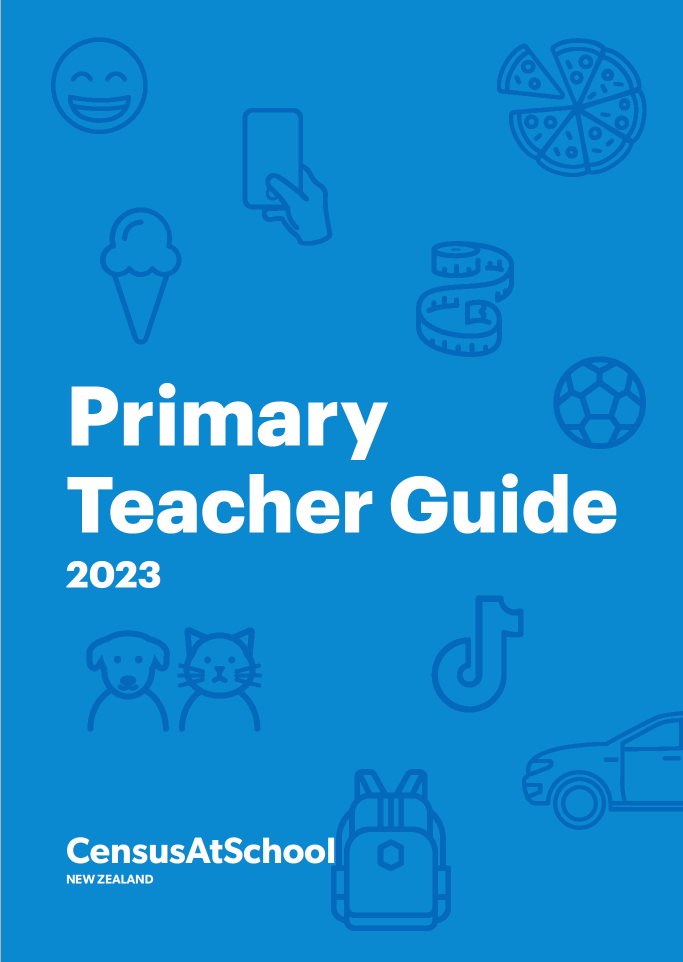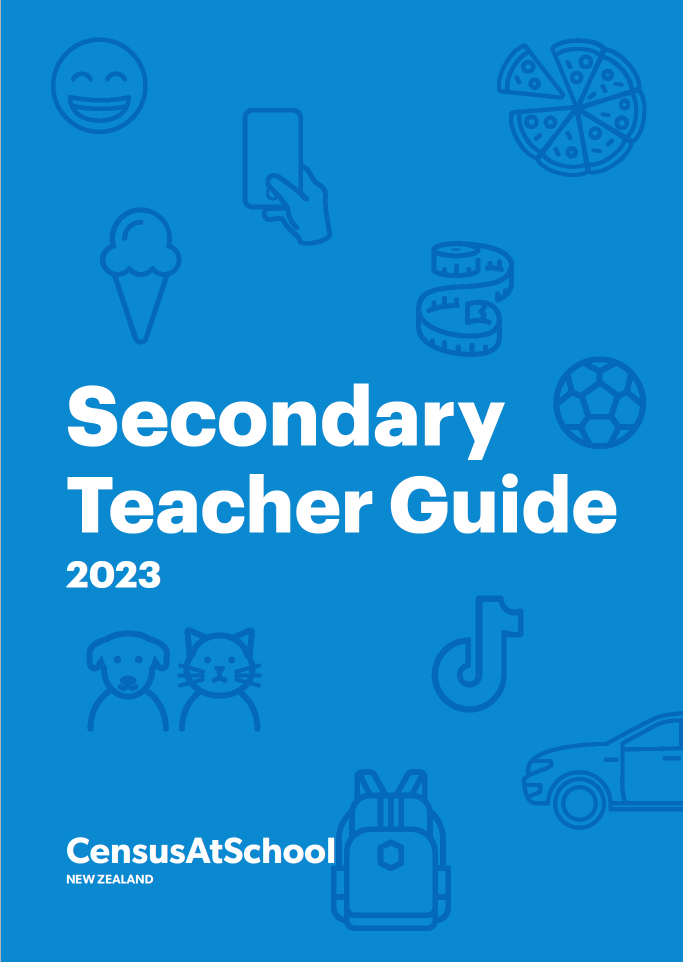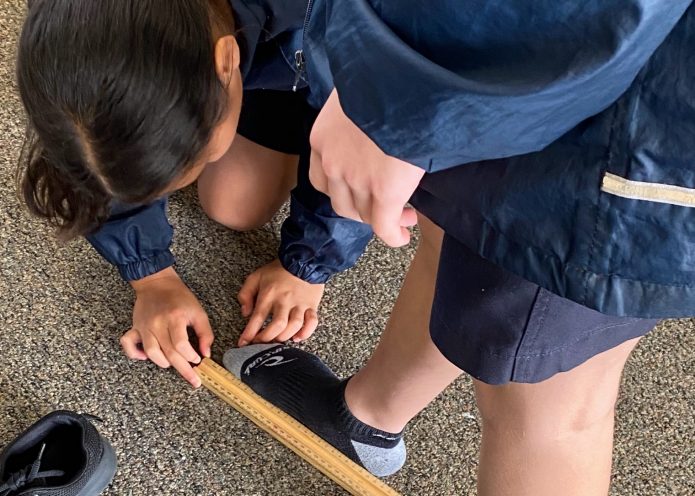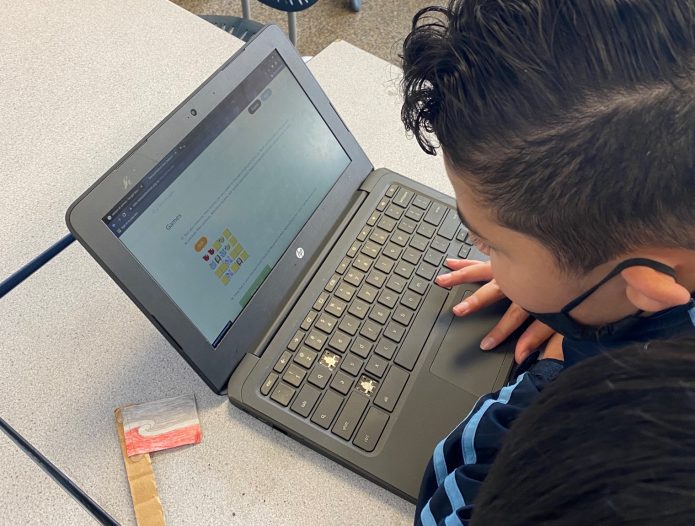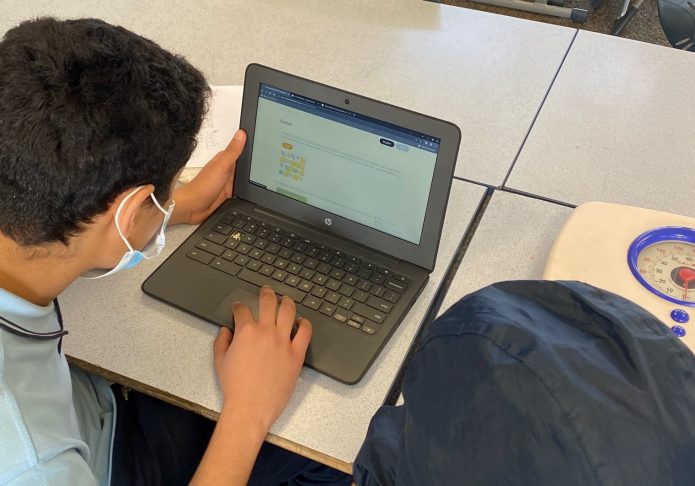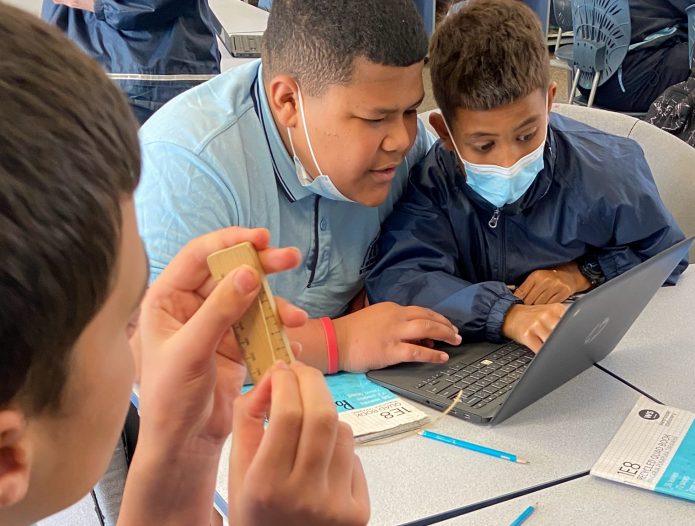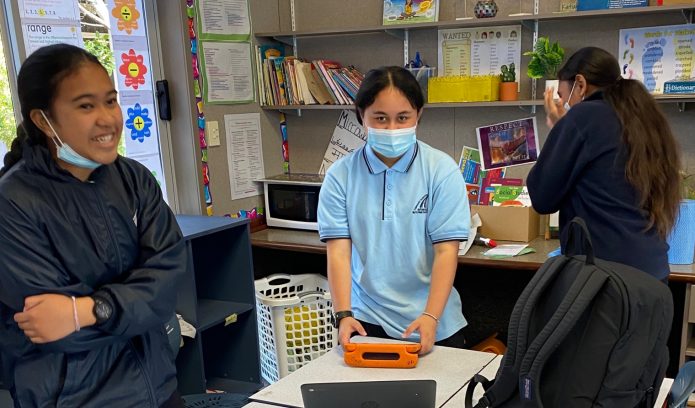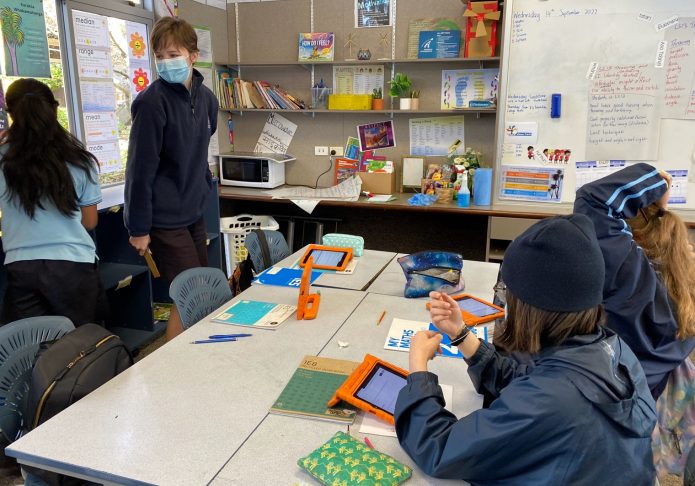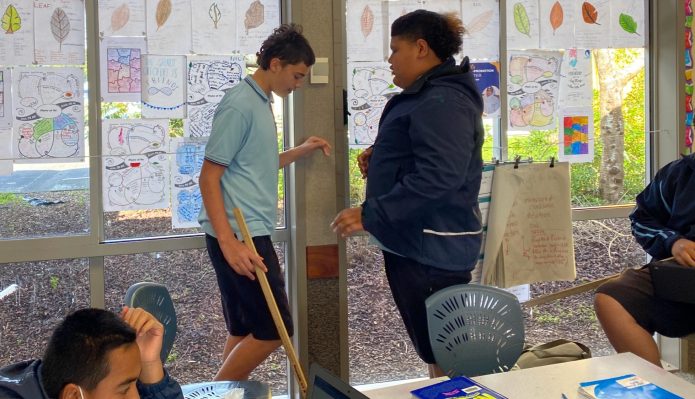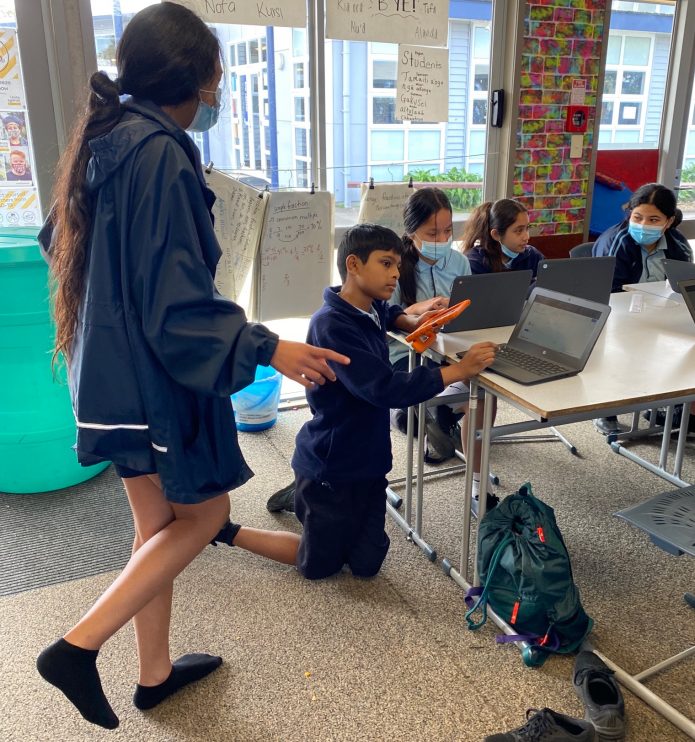The International Association for Statistical Education (IASE https://iase-web.org/) presents our December webinar, and we welcome you all to join us. We welcome IASE and non-IASE members to the session and especially invite high school statistics teachers and other statistics education networks in your country.
Details about the webinar are below and on our webinar page https://iase-web.org/Webinars.php.
Statistical and Data Literacy in Policy-Making
7 December 2022; 09:00 UTC (see below for localized date/time)
Webinar duration: 90 minutes
Presenters (full bios on the website)
- Reija Helenius, Group Leader, Director | Statistics Finland & International Statistical Literacy Project
- Steve MacFeely, Head Statistician | WHO & ISLP
- Walter Radermacher, Professor | Ludwig-Maximilians-University Munich & Chair of the ISI Advisory Board on Ethics & President | FENStatS: “Statistical Awareness Promoting a Data Culture”
- Giulio Sabbati, Head of Statistical and Data Visualisation Support Office | European Parliamentary Research Service: “Statistical and Data Literacy: A Practitioner’s View on Policy-making: How to provide independent, objective and authoritative data and information for policy-making”
- Milo Schield, Statistical Literacy Consultant | University of New Mexico: “Statistical Literacy: Seven Simple Questions for Policymakers”
- Katharina Schüller, CEO & founder | StatUp & Board member | German Statistical Society: “Data and AI Literacy for Everyone”
- Gaby Umbach, Part-time Professor, Robert Schuman Centre for Advanced Studies | European University Institute: “Statistical and data literacy in policy-making”
Register here https://forms.gle/oHtCH1JXakHPBP8UA
The webinar is organized by the International Statistical Literacy Project (ISLP), a project that aims to advance statistical literacy worldwide. The webinar is based on the SJIAOS special stream on Statistical and Data Literacy in Policy-Making (Vol 38, No. 2, 2022). As the publication did, the webinar offers conceptual reflections on statistical and data literacy in policy-making. In their presentations, the contributing authors reflect on the relevance of the use of statistics and data in politics and highlight the impact of both on policy-making. They underline the need for statistical and data literacy in policy-making and identify key elements of it. They also elaborate on how statistical and data literacy in policy-making is specific. The individual contributions to the SJIAOS special stream originate from the ISI World Statistics Congress 2021 Invited Paper Session on ‘Statistical and Data Literacy in Policy-Making’.
Starting at:
| 7 Dec, 12:00 am |
Anchorage |
| 7 Dec, 1:00 am |
Los Angeles |
| 7 Dec, 2:00 am |
Denver |
| 7 Dec, 3:00 am |
Chicago |
| 7 Dec, 4:00 am |
New York |
| 7 Dec, 4:00 am |
Bogota |
| 7 Dec, 5:00 am |
Halifax, Manaus |
| 7 Dec, 6:00 am |
Buenos Aires, Rio de Janeiro |
| 7 Dec, 9:00 am |
London, Lisbon |
| 7 Dec, 10:00 am |
Paris, Rome, Lagos |
| 7 Dec, 11:00 am |
Tallinn, Jerusalem, Ukraine, Harare |
|
| 7 Dec, 12:00 pm |
Istanbul |
| 7 Dec, 12:00 pm |
Moscow, Nairobi, Riyadh |
| 7 Dec, 12:30 pm |
Tehran |
| 7 Dec, 1:30 pm |
Kabul |
| 7 Dec, 3:00 pm |
Dhaka |
| 7 Dec, 5:00 pm |
Perth, Beijing |
| 7 Dec, 7:00 pm |
Brisbane |
| 7 Dec, 7:30 pm |
Adelaide |
| 7 Dec, 8:00 pm |
Sydney |
| 7 Dec, 10:00 pm |
Auckland |
|
Register here https://forms.gle/oHtCH1JXakHPBP8UA
Ngā mihi nui
Pip😊
Dr Pip Arnold | Director
Karekare Education
E: pip@karekareeducation.co.nz
M: +64 27 626 8286
https://www.tandfonline.com/doi/full/10.1080/26939169.2021.1877582
Read: Using Photographs as Data Sources to Tell Stories
https://hdsr.mitpress.mit.edu/pub/0cxrb76t/release/3
Read: Bringing Complex Data into the Classroom
https://hdsr.mitpress.mit.edu/pub/mix9b32x/release/1

